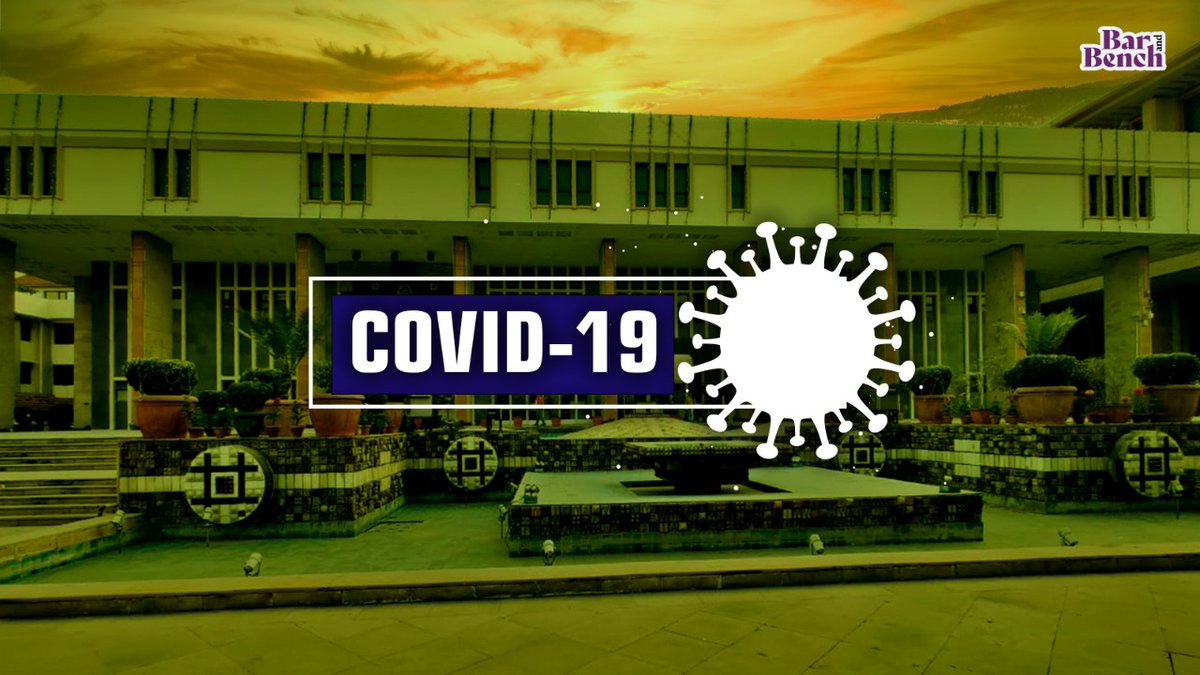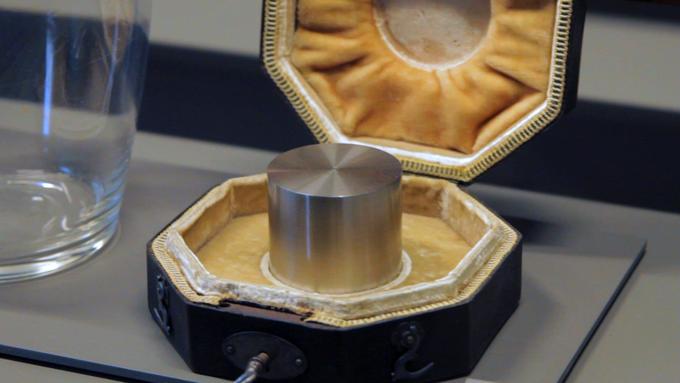The judge has ruled that for this hearing only, the names should remain redacted.
It is a Rule 50 Order. These particular individuals are members of Stonewall’s Trans Advisory Group and their names may well be known elsewhere. What is relevant is the messages from the group to Garden Court.
The judge states she would not make the same decision at the full hearing. This is only for the preliminary hearing.
Having dealt with the anonymity issue we now move to the main submissions in the case.
Cooper states that another preliminary question now arises regarding strikeout applications. Similarly regarding deposit orders: this is about the importance of avoiding a “mini-trial”.
It has only apparent this week that these broader arguments have been made: a 127-page witness statement was submitted at the last minute arguing that the case is weak and should be dismissed.
Cooper argues that faced with this last-minute submission by witness Khan it seems problematic to hear her: either this evidence would need to be admitted as is or he would have to try to cross-examine her with both hands tied behind his week.
Instead Cooper argues that Khan should not be called to give sworn evidence.
Johnston doesn’t accept that the argument that the claimant’s claim is inherently weak is a new argument.
Johnston accepts that the judge shouldn’t be hearing from Khan on matters that are in dispute.
Johnston says Khan states is which individuals have authority to act on behalf of Garden Court chambers. She should be called to give evidence about that.
Judge says that Khan can’t speak to the point of which individuals were or weren’t acting on behalf of Garden Court chambers.
White says general strikeout action was discussed in November. White accepts that it’s wrong to hear bits of evidence with fuzzy edges. Refers to para. 75 of Khan’s evidence. Absolute statement on interaction with Stonewall. Then para. 81. Wishes to rely on these assertions.
Cooper: 1st: extent to which evidence deals who has authority at GC is all bound up with issue of who did what when. This is not the right stage for such a discussion.
Regarding paras 75 and 81: they could be admitted without calling Khan but they are both matters of hearsay.
Judge has to decide whether calling Khan today would assist her decisions. She doesn’t see that it would.
Judge refuses application to call Khan and have her cross-examined.
Cooper: referring to comment that claimant has not identified discriminators. There was no requirement to do so at this stage. Until disclosure is completed it may not be possible for the claimant to do so. It would actually be wrong for her to do so at this stage.
Cooper refers to Reynolds precedent. Relatively narrow application. Separate discriminators to be treated separately. It is not about pleadings or strikeout.
Cooper raises Denbigh precedent para 52 page 16. “Joint discriminatory action” as referred to here excluded from Reynolds. The Reynolds principle is open to abuse in opaque decision-making processes and even in the event of unclear knowledge on the decision-making.
Cooper: Reynolds principle should not be used to escape liability.
Cooper: At this stage the claimant only has to establish arguable case and not to identify discriminators.
Cooper: starts evidential material. Amended pleading.
Cooper: claimant sets out factual narrative in paras 9 to 33. Clearly refer to collective action taken against claimant by Garden Chambers.
Cooper: para 149 detriments. Withholding work and upholding complaint against her. Claimants beliefs are treated by GC as bigoted or otherwise unworthy of respect .
These gender-critical views are held by women’s movement of feminists who hold these beliefs.
Subjecting her röntgende detriments is discriminating against her on basis of sex and sexual orientation (since many of those who hold these beliefs are lesbians).
These are Stonewall’s beliefs. By applying these detriments constitute discrimination.
(still Cooper): As regards Stonewall, either directly or indirectly in its communications, cause this discrimination?
To what extent can we see Stonewall’s beliefs and influence passing to Garden Court and influencing the decisions made by GC to apply said detriments ?
What finally: what is the evidence for the different capacities in which people were acting?
(Cooper): Now the actual evidence. We are well beyond the strikeout stage. The claimant’s claim is strong.
Page 230 of the bundle. Stonewall Diversity Champion scheme. Claimant argues All who question SW’s self-ID beliefs are harassed by SW. A breach of SW’s service obligations. First protected act.
Page 232 of bundle: immediate adverse reaction by Michelle Brewer then GC member. Dinner engagement with unnamed person. “Washing transphobic laundry in public”.
Allocation of work within GC sometimes based on conscious or unconscious bias against women being supposedly unable to travel.
Claimant lost 68% of her 2018 billing in 2019. Only two other barristers experienced more than 50% loss. No explanation: she had been 5th highest earner.
(Cooper): claimant did a protected act and suffered great loss related to antipathy to her views. She clearly has a strong case.
Soon after GC joined DC scheme: Mr Lou (?) at GC writes “thank you for help in our strategic influencing work” on trans issues. Copies in Michelle Brewer who would be “keen to be involved “
Brewer listed as attendee at SW event. As Tene/GC Claimant states that this is a trans rights group.
Brewer clearly acting as a trans rights representative.
After claimants second protected act which is tweet about launch of #LGBAlliance.
Brewer writing in “highly fruitful language” indicating antipathy to Claimants views. Not entirely clear who she is communicating with. Brewer compiles material.
Who was she engaging with? Who wrote about considering taking disciplinary action against her.
Messages needed in unredacted form. Brewer’s subsequent tweets: 23 Oct [day after lgba launch] “Everyone is going mental” indicates attitude that is widespread within GC. SW also upset but unclear who Brewer was communicating with.
“I put in a request to chambers”: implication that Brewer was seeking to influence how the board dealt with the matter. “I did bring up the TERFy barrister and urged people to complain to chambers”
Message from someone else to Brewer passing on the “worst” quotes to be submitted to board.
Series of exchanges on 26 “same barrister is now chairing a Woman’s Place UK event” so clearly they had discussed her before. Discussion of sanctions and formal complaints encouraged.
Someone within SW apparently wanted to pursue that line.
On 24 david de Bonetis (?) internal memo to others within GC responding to website enquiry: “our website is taking a hammering”. “We are DC members but Allison is criticizing SW” “damaging our reputation...her views clash with LGBT stakeholders we work with”
Discussion of tweet from GC distancing itself from Claimants view:
Writer of email wrote “The tweet might find itself into the press but that’s ok” so GC clearly wanted to publicize its position as compliant with SW’s views as DC scheme member.
We have adjourned for lunch. Hearing reconvenes at 2pm.
Hearing re-starts. Cooper resumes evidence.
Email exchanges - more redactions but an email from someone in Chambers referring to having had a quick chat with Tom & Ms Khan (head of Chambers) about draft tweet that should be sent. Ms Khan approves & draft is sent to Michelle Brewer. Clear there are verbal & written comms
Message to unknown external person confirming heads of chambers dealing with complaints re tweets over the weekend. Again confirms
@gardencourtlaw staff discussing and agreeing that Complainant's views are "bigoted" & should be subject to censure
The
@stonewalluk is "extraordinary" says Cooper. Internal clerks email addresses used. Stonewall writes that
@gardencourtlaw have always been allies. "However for GCC to continue to campaign to support Allison puts us in a difficult position with yourselves".
Then
@stonewalluk continues that it trusts GCC will "do what is right and stand in solidarity with trans people". Stonewall says that GCC must take disciplinary action or they will disassociate themselves from GCC who will then "face the reputational consequences".
This is followed by GCC then saying they are investigating AB only as a result of
@stonewalluk's complaint about her tweets. This contradicts the timeline of evidence about GCC communications given earlier
Now discussing tweets on "cotton ceiling". Cooper explains that saying someone is a bigot because they are a lesbian and do not want to have sex with a man is not acceptable. That is a perfectly acceptable viewpoint.
Cooper: Stonewall's description of Claimant as a bigot is completely wrong and rejected in her rational and detailed response to the charges
Cooper: No engagement with Claimant's response in GCC final report on the complaint. The Claimant's position is that intimidation, fear and coercion is driven by Stonewall's description of her as a bigot and of her beliefs as transphobic.
Cooper: These materials show the Ltd co. and chambers act as one entity.
The law of agency is notoriously fact-specific.
Four propositions: 1. Hostility to claimant’s views. 2. Communications between Sw and GC displays influence. 3. At least one GC person (brewer) acting on basis of that hostility. 4. Decision-making based on this hostility and influenced by SW.
Huge volume of material needed to even engage with strikeout application and that application should not have been submitted.
Inducing, instructing etc. Unlawful to discriminate in provision of services.
Judge asks if service provision relationship is still in dispute. Is Sw in a position to make a basic contravention against GC. Unclear.
Cooper: no need to prove direct relationship. It doesn’t matter if basic contravention occurs ... Ficus is in SW’s actions.
What matters if SW was attempting to induce certain actions that led to the claimant’s detriments. Whether we’re talking about GC chambers or GC Ltd company is irrelevant.
Does the attempt have to be successful? Cooper: the detriment need not be the precise action sought by the influencer; the point is that the influencer tried to induce an action against the claimant.
Judge asks who the service contract was with? Cooper says Ltd co. but it doesn’t matter because the services are provided to both. If SW is really saying it can’t be held liable for seeking to influence co. that would be an extraordinary suggestion.
Plainly a sufficient relationship between SW and GC Ltd ci. and chambers. As regards discriminatory behaviour it can’t be disputed that SW sought that action since it did so explicitly.
SW initially redacted threats relating to claimant, showing it fully realized what it was doing was wrong.
Now to FC: Not in dispute that GC chambers is unincorporated association and can be held liable.
Agency is in dispute, however: Unite and Maynard: case involving sexual harassment. What is the test for what is done in the course of agency.
What matters is whether Brewer was acting on behalf of the chambers as a whole.
This is about facts and must be based on full examination of the evidence so strikeout is completely inappropriate.
No doubt that the service co. does is done on behalf of chambers. So the chambers is liable for what they do as agents (either of the unincorporated association or the Ltd co.) Also liable as a group of barristers.
Unlawful under art 47.6 to discriminate for purposes eg of work allocation.
But suppose the barristers are acting individually?
Section 57 the straightforward approach but section 47 may come into play. Judge worries about section 47 that specific individuals might be liable.
Cooper: if a smoking gun reveals a specific individual actions it would require that person to be added. We wish to keep both 57 and 47.
If the amendment is not allowed (only Ltd co and not chambers sued under 47), chambers would still be liable for actions by directors. Again returns to question of whether the two should be distinguished. Cooper thinks not.
Amendment application: add chambers as respondent.
Overarching submission is that no one was in any doubt about the substance of the claimant’s complaint.
Cooper: regarding nature of the amendments. Adding chambers is not exactly a misnomer but pretty close. Adding section 57 and 109 is just relabeling. Claim remains the same. All minor. Intention to amend flagged early on and no hardship to respondents if they are allowed.
Adding “200 barristers” doesn’t prejudice anyone: that’s simply what the chambers consists of.
It could well harm claimant if the amendments were struck down but allowing them doesn’t affect the claim or prejudice the respondents.
White: Victimization claim against first respondent: was it dropped or not? Pleading error? Cooper will take instructions.















